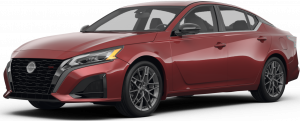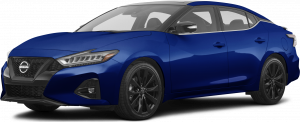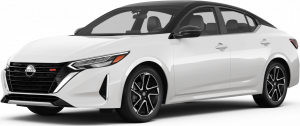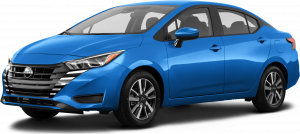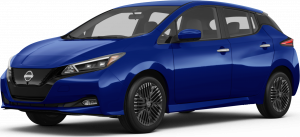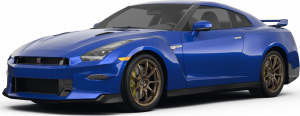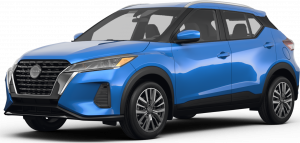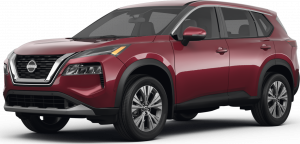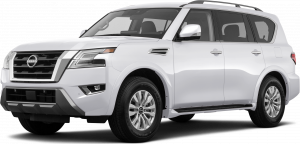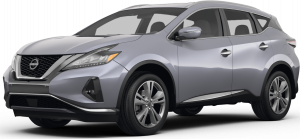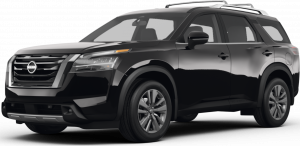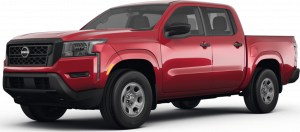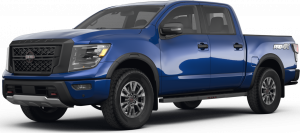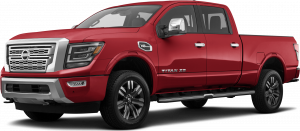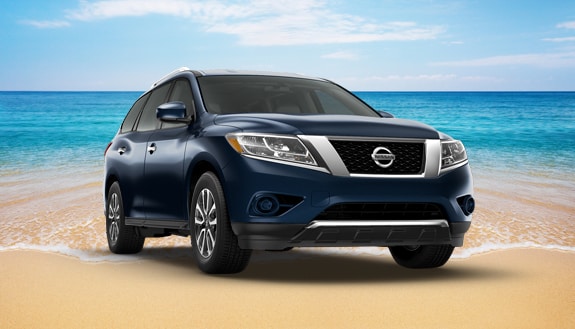
Summer is a time for casual day trips to the beach, family vacations to the mountains, and just plain cruising down the highway with friends. But summer heat, dust, an increase in stop and go traffic, an even the cumulative effects of winter time driving, can begin to take its toll on a vehicle that hasn't been properly maintained or conditioned for the hot, dry summer months. Conducting regular inspections and making the necessary repairs and periodic maintenance will lessen the odds of future mechanical failure. It will also prolong the life of the vehicle as well as increase its re-sale value. It really should become an annual event for any car owner because of the tremendous upside when it's done regularly and properly. Some of the inspection and repairs are simple procedures and can be performed fairly easily by do-it-yourselfers. Others are not and should be handled only by a qualified mechanic. Owners should know what they are capable of handling and what they are not. A good way to get started is by reading the owner's manual and following manufacturer's recommended service schedules.
When those summertime temperatures start climbing, drivers find relief by cranking up the air conditioning. Keep in mind that a system that's operating only marginally is likely to fail in hot weather, so it should be evaluated by a skilled and qualified technician. Unless you know your way around these units, leave this to the professionals.
One of the most frequent causes of summertime breakdowns is overheating. To prevent this from occurring, the cooling system should be completely flushed and refilled every 24 months, and the levels, condition and concentration of the coolant should be checked periodically. Generally, a 50-50 mix of anti-freeze and water is recommended. The strength and condition of drive belts, clamps and hoses should also be checked, and they should be replaced if found to be loose or cracked.
Regardless of the season, oil and oil filters should be changed in accordance with specifications in the owner's manual, however, every 3,000 miles is a good rule of thumb, particularly for those who make frequent short trips, extended trips with cargo, or tow a trailer. In addition, engine performance can be improved by replacing air, PCV and fuel filters, and by correcting starting and idling problems when they are first noticed. Don't put them off.
Dirty windshields can cause eye fatigue and reduce visibility, creating a safety hazard. Replace those worn wiper blades and check to make sure there's plenty of wiper fluid in the reservoir to clean the windshield when necessary.
Tire pressure is a frequent cause of flats and blowouts and therefore should be checked at least once a month. Always make sure the tires are cooled down before checking, and rotate them about every 5,000 miles to ensure even wear. And when inspecting tires, don't forget to check the spare for tread life, uneven wearing and cupping. Be sure the jack is in good working condition and that all the parts are there.
For the safety of everyone on the road, brakes should be checked as recommended in the owner's manual, but sooner if pulsations, grabbing, noises, or longer than usual stopping distances are noticed. Even the slightest brake problem should be corrected immediately.
A car or truck battery can fail at any time and the only way to accurately detect a weak one is with a battery tester, which most auto service centers offer. Routine battery care involves scraping away corrosion from the posts and cable connections, cleaning all surfaces, re-tightening connections and, if the battery caps are removable, checking fluid levels monthly. It's always a good idea to wear protective gloves and eyewear when working around batteries.
To improve night vision, as well as visibility, inspect all head and tail lights and bulbs, replace burned out bulbs, and periodically clean out dirt and insects from the lenses.
And finally, put together an emergency kit with basic tools, first aid kit, flares and a flashlight. Make sure all seat belts are in proper working order and children's safety seats are installed in accordance with manufacturer's guidelines for size, weight and age. And if trouble should occur on the road, help is usually never far away for those with a cell phone.



